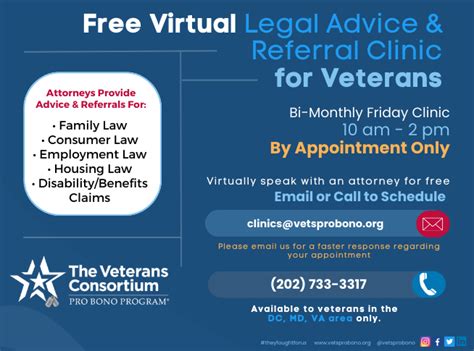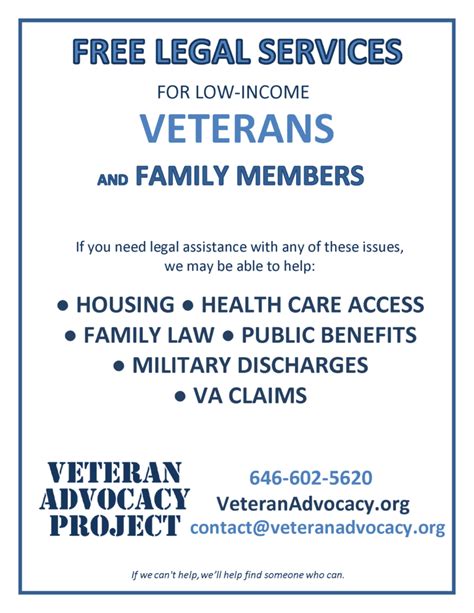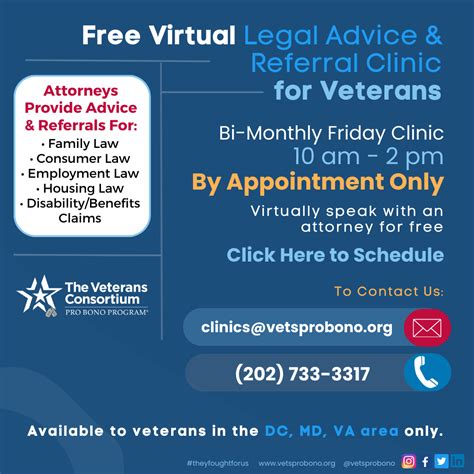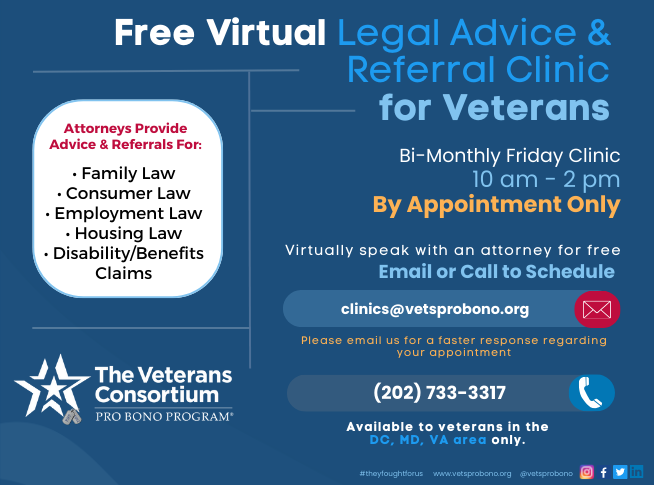Navigating legal matters can be daunting, especially when cost is a concern. Fortunately, there are several ways to access expert legal advice without incurring hefty fees. In this article, we’ll explore the top 10 methods for talking to a lawyer for free. From understanding the benefits of free legal advice to utilizing online platforms and community resources, we’ll provide valuable insights on how to get the help you need. Whether you’re dealing with family
Let’s investigate this topic extensively with bzcat.xyz
1. Why Seeking Free Legal Advice Matters: Understanding the Benefits
Seeking free legal advice is crucial for individuals who need legal guidance but face financial constraints. The primary benefit of obtaining free legal advice is the access to knowledgeable counsel without the burden of legal fees, which can often be prohibitively expensive. This support can be invaluable for understanding your rights and obligations, especially in complex legal matters such as family law or estate planning.
Free legal advice ensures that everyone, regardless of income, can make informed decisions about their legal issues. It helps prevent costly mistakes that could arise from lack of understanding or misinterpretation of the law. Additionally, accessing free advice can offer peace of mind, knowing that you are receiving professional guidance without financial stress.
Moreover, free legal services often come from experienced professionals and organizations dedicated to public service, ensuring that the advice provided is reliable and tailored to your needs. Utilizing these resources can also help you strategize effectively, plan your next steps, and potentially avoid lengthy legal battles, making it a practical and b

2. How to Access Free Legal Aid Services
Accessing free legal aid services can be a vital resource for those needing legal assistance but unable to afford it. The first step is to identify organizations and programs dedicated to providing free legal services. Many regions have legal aid societies or nonprofit organizations specifically designed to offer legal help to low-income individuals. These organizations often provide assistance with various legal issues, including family law, housing disputes, and immigration matters.
To find these services, start by researching local legal aid organizations online or through community resource centers. Many organizations have websites with information on eligibility requirements and how to apply for assistance. Additionally, local bar associations often have referral services that can connect you to free or low-cost legal aid resources.
Another useful resource is your local courthouse, where you might find information on free legal clinics and community outreach programs. These clinics often offer free consultations and can help you navigate your legal issues.
It’s also helpful to reach out to legal aid hotlines, which provide immediate advice and guidance. By exploring these options, you can access valuable legal support and gain a clearer understanding of your rights and legal options without incurring significant costs.

3. What to Expect from Pro Bono Lawyers
Pro bono lawyers provide legal services free of charge as part of their commitment to public service. When engaging with a pro bono lawyer, you can expect professional and dedicated assistance similar to that provided by paid attorneys. Pro bono lawyers are often experienced professionals who volunteer their time to help those who cannot afford legal fees.
Typically, pro bono services are available for a range of legal issues, including family law, civil rights, and housing disputes. While the level of service may vary depending on the lawyer and the organization they represent, you can generally expect thorough legal advice, representation, and support throughout your case.
It’s important to be clear about your needs and provide all necessary information and documentation to your pro bono lawyer. Although they offer their services for free, they are still bound by professional standards and confidentiality. Engaging with pro bono services

4. Why Legal Hotlines Are a Valuable Resource
Legal hotlines are a valuable resource for obtaining immediate legal assistance without the need for a face-to-face meeting. These services are often operated by legal aid organizations, bar associations, or nonprofit groups, and they offer free consultations on a variety of legal issues. By calling a legal hotline, you can receive prompt advice from experienced attorneys who can help you understand your rights and options.
One of the key advantages of legal hotlines is their accessibility. They provide a convenient way to get legal guidance during hours that may be more flexible than traditional office hours. This can be especially beneficial if you need urgent advice or if you have limited access to legal services in your area.
Legal hotlines also help to bridge the gap between those who need legal assistance and those who can provide it. They can offer general advice, help with document preparation, and guide you on the next steps in your case. While they may not offer in-depth representation, they can be a crucial first step in addressing your legal concerns and connecting you to further resources if needed.
Overall, legal hotlines offer an essential service for those seeking quick, reliable, and free legal advice.
5. How to Utilize Online Legal Consultation Platforms
Online legal consultation platforms are an effective way to access legal advice without the constraints of traditional in-person meetings. These platforms connect individuals with attorneys who provide legal guidance through video calls, chat, or email. To utilize these services, start by selecting a reputable platform that offers free consultations or affordable options.
Many online legal platforms allow you to describe your legal issue and receive initial advice from qualified lawyers. This can be particularly useful for understanding your rights, getting preliminary legal opinions, or determining if you need further representation. Some platforms also offer free initial consultations, where you can discuss your case with an attorney before deciding on ongoing services.
When using an online legal consultation platform, ensure that the site is secure and that the lawyers are licensed and experienced in the relevant field of law. Be prepared to provide necessary details and documents to get accurate advice. By leveraging these online resources, you can access professional legal help conveniently and cost-effectively, making it easier to address your legal needs.
6. What Community Legal Clinics Offer and How to Find Them
Community legal clinics offer essential legal services to individuals who may not have access to affordable legal help. These clinics provide free or low-cost legal advice, assistance, and representation on various issues, including family law, housing disputes, and immigration matters. They are often staffed by volunteer attorneys, legal students, or non-profit organizations dedicated to public service.
To find community legal clinics, start by researching local legal aid organizations or bar associations, which may have directories of available clinics. Many cities also have community centers or social service agencies that can provide information on nearby clinics. Additionally, local courthouses may have listings of legal clinics offering free consultations or walk-in services.
Community legal clinics are valuable for providing personalized legal support and can help you navigate complex legal situations. They often operate on specific days or have appointment requirements, so check their schedules and make contact in advance to ensure you receive the assistance you need.
7. Why Law School Clinics Provide Quality Free Advice
Law school clinics offer high-quality free legal advice through programs run by law schools and staffed by law students under the supervision of experienced attorneys. These clinics are valuable because they provide practical, hands-on experience for students while offering essential legal services to the community.
Students in law school clinics are rigorously trained and supervised to ensure they provide accurate and reliable legal assistance. They work on real cases, gaining practical experience while receiving guidance from faculty members and practicing attorneys. This combination of student involvement and professional oversight ensures that clients receive thoughtful and competent legal advice.
Law school clinics often focus on specific areas of law, such as family law, tenant rights, or immigration, making them a great resource for specialized issues. Additionally, these clinics are often able to handle a high volume of cases, making legal help more accessible. By leveraging the expertise of law school clinics, individuals can receive valuable legal support while contributing to the educational development of future legal professionals.
8. How to Engage with Legal Aid Societies and Nonprofits
Engaging with legal aid societies and nonprofit organizations is an effective way to access free legal services. These organizations are dedicated to providing legal assistance to individuals who cannot afford it, and they often focus on specific areas such as family law, housing, or civil rights.
To engage with these organizations, start by researching local legal aid societies and nonprofits that serve your community. Many have websites where you can find information about the services they offer, eligibility requirements, and how to apply for assistance. Contact them directly through phone or email to discuss your legal needs and determine if they can provide the support you require.
Legal aid societies and nonprofits often hold community outreach events or offer walk-in clinics where you can receive advice or referrals. Some organizations may also provide online resources or hotlines for initial consultations. It’s important to provide detailed information about your legal issue and any relevant documents to ensure you receive accurate advice.
By reaching out to these organizations, you can access valuable legal resources and support, helping you navigate your legal challenges effectively.
9. What to Know About Free Initial Consultations with Private Lawyers
Free initial consultations with private lawyers offer an opportunity to get legal advice without incurring costs. During these consultations, lawyers provide preliminary guidance on your legal issue, discuss potential strategies, and help you understand your options. This can be particularly beneficial for assessing whether you need further legal representation.
To make the most of a free initial consultation, be prepared to clearly explain your legal situation and provide any relevant documents or information. This will help the lawyer give you accurate and tailored advice. Additionally, use this time to ask about the lawyer’s experience, fees, and the likely outcomes of your case.
While the consultation is free, it’s important to understand that it is typically limited in scope. The lawyer may offer general advice but may not engage in full representation or provide detailed legal services during this initial meeting. If you decide to proceed with the lawyer after the consultation, you will likely need to discuss fees and terms for ongoing services.
Free initial consultations are a valuable resource for gaining insight into your legal issue and exploring potential next steps without immediate financial commitment.
Accessing free legal advice is crucial for navigating complex legal issues without financial strain. Whether through pro bono services, legal hotlines, online platforms, community clinics, law school programs, or legal aid societies, numerous resources are available to provide the support you need. By leveraging these options, you can obtain professional guidance and make informed decisions, ensuring your rights are protected and your legal matters are addressed effectively.
bzcat.xyz
